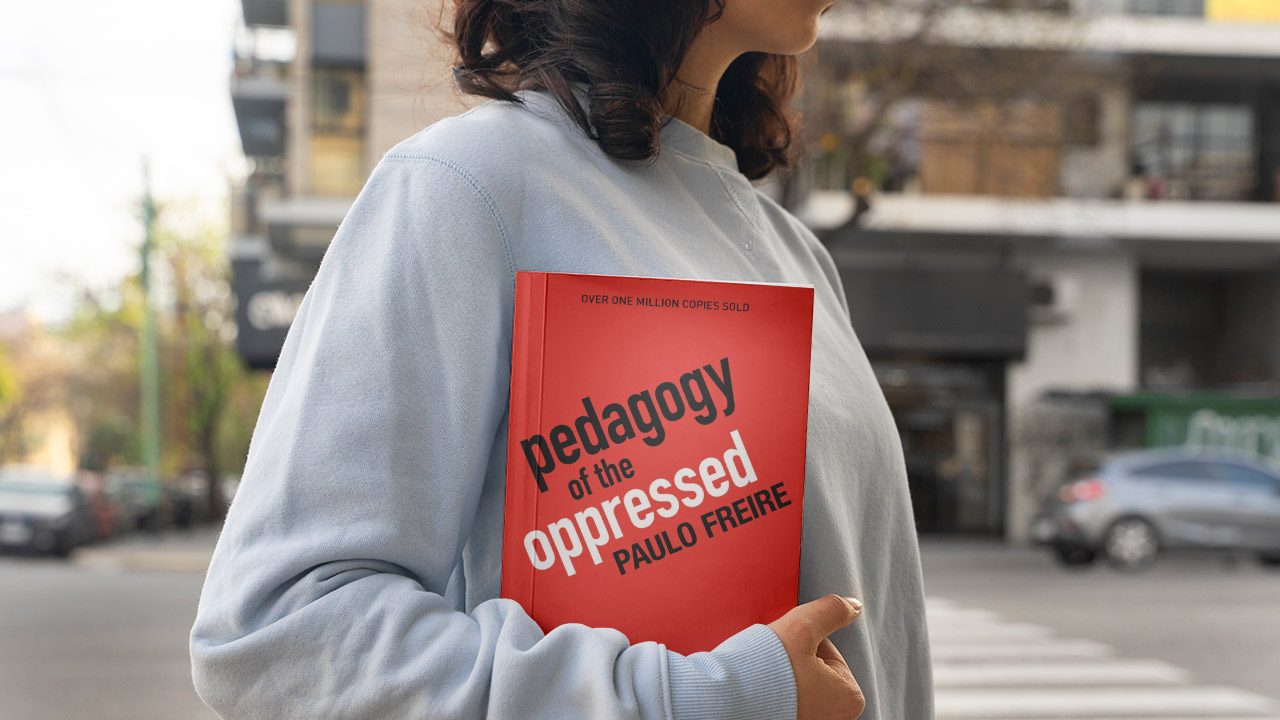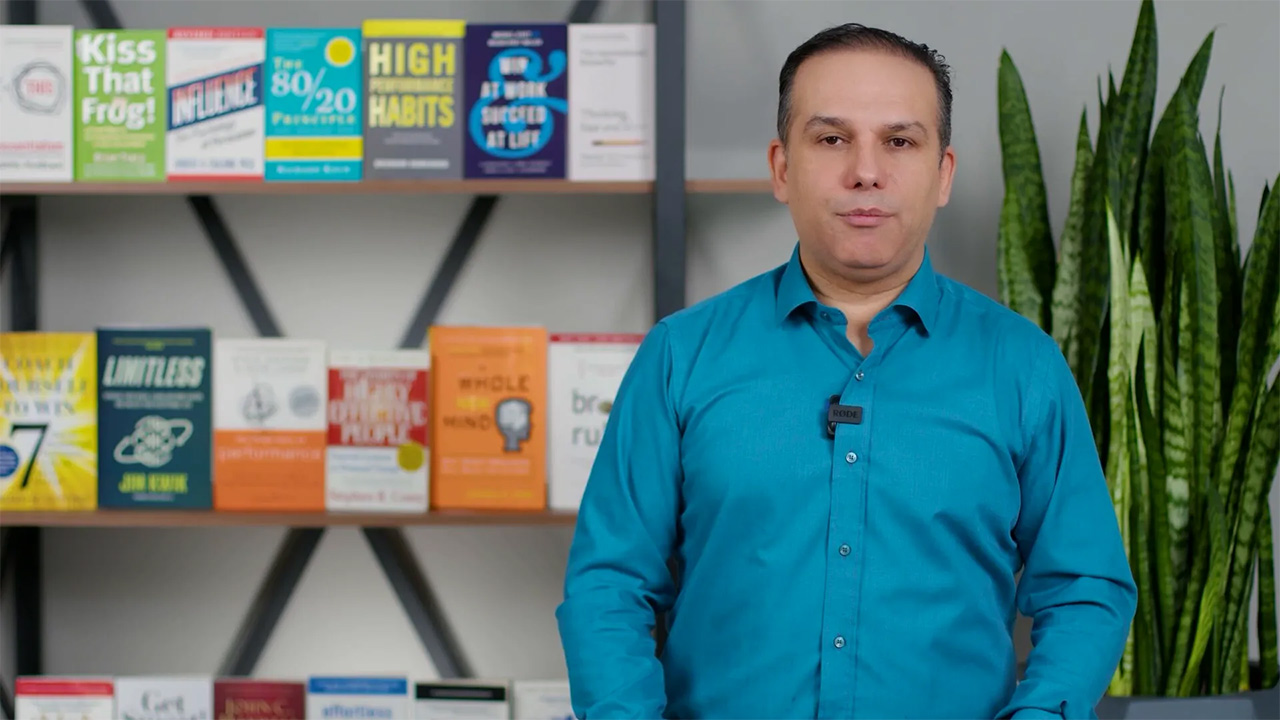Contents
“Pedagogy of the Oppressed,” written by Brazilian educator Paulo Freire in 1970, has become a seminal text in the field of critical pedagogy. Freire’s work emerged from his experiences in Brazil, where he witnessed the stark inequalities in education and society. His ideas challenge traditional educational practices and advocate for a more equitable approach to teaching and learning.
Freire’s “Pedagogy of the Oppressed” has had a profound impact on educators and students alike.
Freire’s philosophy emphasizes the importance of dialogue, critical thinking, and the active participation of students in their own education. By addressing the power dynamics inherent in the educational system, Freire seeks to empower marginalized individuals and communities, enabling them to reclaim their voices and agency. Freire’s work is not merely theoretical; it is deeply rooted in the socio-political context of his time.
The Brazilian government’s oppressive regime during the 1960s and 1970s served as a backdrop for his ideas, which resonate with struggles against oppression worldwide. His critique of conventional education systems, which he argues perpetuate social injustices, has inspired educators, activists, and scholars across various disciplines. The text serves as both a call to action and a framework for understanding how education can be a tool for liberation rather than a mechanism of control.
Understanding “Pedagogy of the Oppressed” allows us to challenge entrenched beliefs.
Key Takeaways
- Pedagogy of the Oppressed is a book by Paulo Freire that explores the concept of education as a tool for liberation and empowerment.
- The concept of oppression in education is discussed in relation to the power dynamics between the teacher and the student, and the impact of traditional educational systems on marginalized groups.
- The banking concept of education is critiqued for its one-way transfer of knowledge from the teacher to the student, which reinforces the existing power structures and inhibits critical thinking.
- Problem-posing education is presented as an alternative approach that encourages dialogue, critical thinking, and active participation from both the teacher and the student.
- The role of the teacher is redefined as a facilitator of learning, while the student is seen as an active participant in the co-creation of knowledge. This shifts the power dynamic and promotes mutual respect and collaboration.
The Concept of Oppression in Education
In-depth exploration of “Pedagogy of the Oppressed” reveals its relevance today.
At the heart of Freire’s critique is the concept of oppression, which he defines as a systemic and structural condition that limits individuals’ ability to act freely and realize their potential. In the context of education, oppression manifests through rigid curricula, authoritarian teaching methods, and a lack of meaningful engagement with students. Freire argues that traditional educational practices often reinforce existing power structures, marginalizing those who are already disadvantaged.
Freire’s insights in “Pedagogy of the Oppressed” highlight the importance of active engagement.
This creates a cycle of oppression where students are not only denied access to knowledge but are also stripped of their agency in the learning process. Freire identifies two primary forms of oppression in education: cultural and political. Cultural oppression occurs when dominant narratives overshadow the experiences and knowledge of marginalized groups.
This can lead to a disconnection between students’ lived realities and the content they are taught, resulting in disengagement and alienation. Political oppression, on the other hand, involves the use of education as a tool for maintaining control over populations. In many cases, educational institutions serve to indoctrinate rather than liberate, promoting conformity and obedience rather than critical thinking and creativity.
Freire’s analysis compels educators to recognize these dynamics and strive for a more inclusive and empowering educational environment.
Applying concepts from “Pedagogy of the Oppressed” can lead to transformative practices.
The Banking Concept of Education
One of Freire’s most influential critiques is directed at what he terms the “banking concept of education.” In this model, students are viewed as passive recipients of knowledge, akin to empty vessels waiting to be filled by the teacher’s deposits. This approach reduces education to a one-way transmission of information, where teachers hold all authority and students are expected to memorize and regurgitate facts without questioning or engaging with the material. Freire argues that this method stifles creativity, critical thinking, and genuine understanding.
The banking concept not only undermines the intellectual potential of students but also perpetuates social inequalities. By treating students as mere objects of education rather than active participants, this model reinforces existing power dynamics within the classroom. Students from marginalized backgrounds may feel particularly alienated in such an environment, as their experiences and perspectives are often overlooked or dismissed.
Freire’s critique serves as a powerful reminder that education should be a collaborative process that values the contributions of all participants, fostering an environment where inquiry and dialogue can flourish.
The Problem-Posing Education
The principles of “Pedagogy of the Oppressed” are pivotal to modern educational reform.
In stark contrast to the banking concept, Freire advocates for a “problem-posing” model of education that encourages critical engagement and dialogue between teachers and students. In this approach, education becomes a co-creative process where both parties contribute to the learning experience. Rather than simply imparting knowledge, teachers pose problems that reflect real-world issues, prompting students to analyze, question, and explore solutions collaboratively.
This method empowers students to take ownership of their learning and develop critical consciousness. Problem-posing education emphasizes the importance of context and relevance in the learning process. By connecting academic content to students’ lived experiences, educators can foster deeper understanding and engagement.
For example, a history lesson might involve examining local social justice movements rather than focusing solely on abstract historical events. This approach not only makes learning more meaningful but also encourages students to see themselves as agents of change within their communities. Freire’s vision for problem-posing education challenges educators to rethink their roles and embrace a more participatory and inclusive approach.
The Role of the Teacher and the Student
In Freire’s pedagogical framework, the roles of teachers and students undergo a significant transformation. Rather than being seen as authoritative figures who dispense knowledge, teachers become facilitators or co-learners who guide students in their exploration of ideas. This shift requires educators to adopt a more humble stance, recognizing that they do not possess all the answers but can learn alongside their students.
Teachers implementing “Pedagogy of the Oppressed” foster deeper student engagement.
By fostering an environment of mutual respect and collaboration, teachers can create spaces where students feel empowered to express their thoughts and challenge existing assumptions. Students, in turn, are encouraged to take an active role in their education. Freire emphasizes that learners should not be passive recipients but rather critical thinkers who engage with content meaningfully.
This involves questioning assumptions, analyzing information critically, and drawing connections between academic concepts and real-world issues. In this dynamic relationship, both teachers and students contribute to a shared learning experience that values diverse perspectives and fosters intellectual growth.
Dialogue as a Tool for Liberation
Central to Freire’s pedagogy is the concept of dialogue, which he views as an essential tool for liberation. Dialogue is not merely about exchanging words; it is a process of mutual understanding that requires active listening, empathy, and respect for differing viewpoints. In an educational context, dialogue allows for the exploration of complex ideas and encourages participants to confront their biases and assumptions.
Through “Pedagogy of the Oppressed,” educators can nurture critical dialogue.
Freire argues that through dialogue, individuals can develop critical consciousness—a heightened awareness of social injustices and their role in perpetuating or challenging them. Freire distinguishes between dialogue and mere conversation; while conversation may involve superficial exchanges, dialogue is rooted in a genuine desire for understanding and transformation. In practice, this means creating spaces where all voices are heard and valued.
For example, classroom discussions that prioritize student input can lead to richer conversations about social issues, allowing learners to connect academic content with their own experiences. By fostering dialogue within educational settings, teachers can cultivate an atmosphere conducive to critical reflection and collective action.
The Importance of Critical Consciousness
Critical consciousness is a cornerstone of Freire’s pedagogical philosophy. It refers to the ability to analyze social, political, and economic structures critically and recognize how these systems contribute to oppression. Freire argues that developing critical consciousness is essential for individuals seeking to challenge injustices in their lives and communities.
Critical consciousness, as defined by Freire, is central to the goals of “Pedagogy of the Oppressed”.
Education should not only impart knowledge but also empower learners to question the status quo and envision alternative futures. The cultivation of critical consciousness involves several key components: reflection, action, and dialogue. Through reflective practices, individuals can examine their beliefs and assumptions while considering how these relate to broader societal issues.
Action refers to the commitment to effect change based on this reflection—whether through activism, community engagement, or other forms of advocacy. Dialogue serves as a means of sharing insights and experiences with others, fostering collective understanding and solidarity among those who seek change. By prioritizing critical consciousness in education, Freire envisions a transformative process that equips individuals with the tools necessary for social justice.
Applying Freire’s Pedagogy in the Modern Context
Adapting “Pedagogy of the Oppressed” to current issues can empower future leaders.
In today’s rapidly changing world, Freire’s ideas remain highly relevant as educators grapple with issues such as inequality, systemic racism, climate change, and global pandemics. His emphasis on dialogue, critical consciousness, and problem-posing education offers valuable insights for addressing contemporary challenges within educational settings. For instance, educators can draw upon Freire’s principles to create curricula that reflect diverse perspectives and engage students in meaningful discussions about pressing social issues.
Educators can employ insights from “Pedagogy of the Oppressed” to inspire activism.
Moreover, technology has opened new avenues for applying Freire’s pedagogy in modern contexts. Online platforms can facilitate dialogue among students from different backgrounds and geographical locations, allowing for cross-cultural exchanges that enrich learning experiences. Collaborative projects that address real-world problems can empower students to take action while developing critical skills necessary for navigating an increasingly complex world.
By embracing “Pedagogy of the Oppressed,” students can cultivate global awareness.
Incorporating Freire’s pedagogy into teacher training programs can also help cultivate educators who are committed to social justice and equity in their classrooms. By emphasizing reflective practices and community engagement during teacher preparation, future educators can be better equipped to challenge oppressive structures within education while fostering inclusive environments that empower all learners. Freire’s “Pedagogy of the Oppressed” continues to inspire educators worldwide as they seek to create transformative learning experiences that promote equity and justice.
Incorporating ideas from “Pedagogy of the Oppressed” helps create inclusive classrooms.
His vision for education as a liberatory practice challenges us all to reconsider our roles within educational systems and strive for a more just society through meaningful engagement with knowledge.
Ultimately, “Pedagogy of the Oppressed” calls for a commitment to equity in education.








